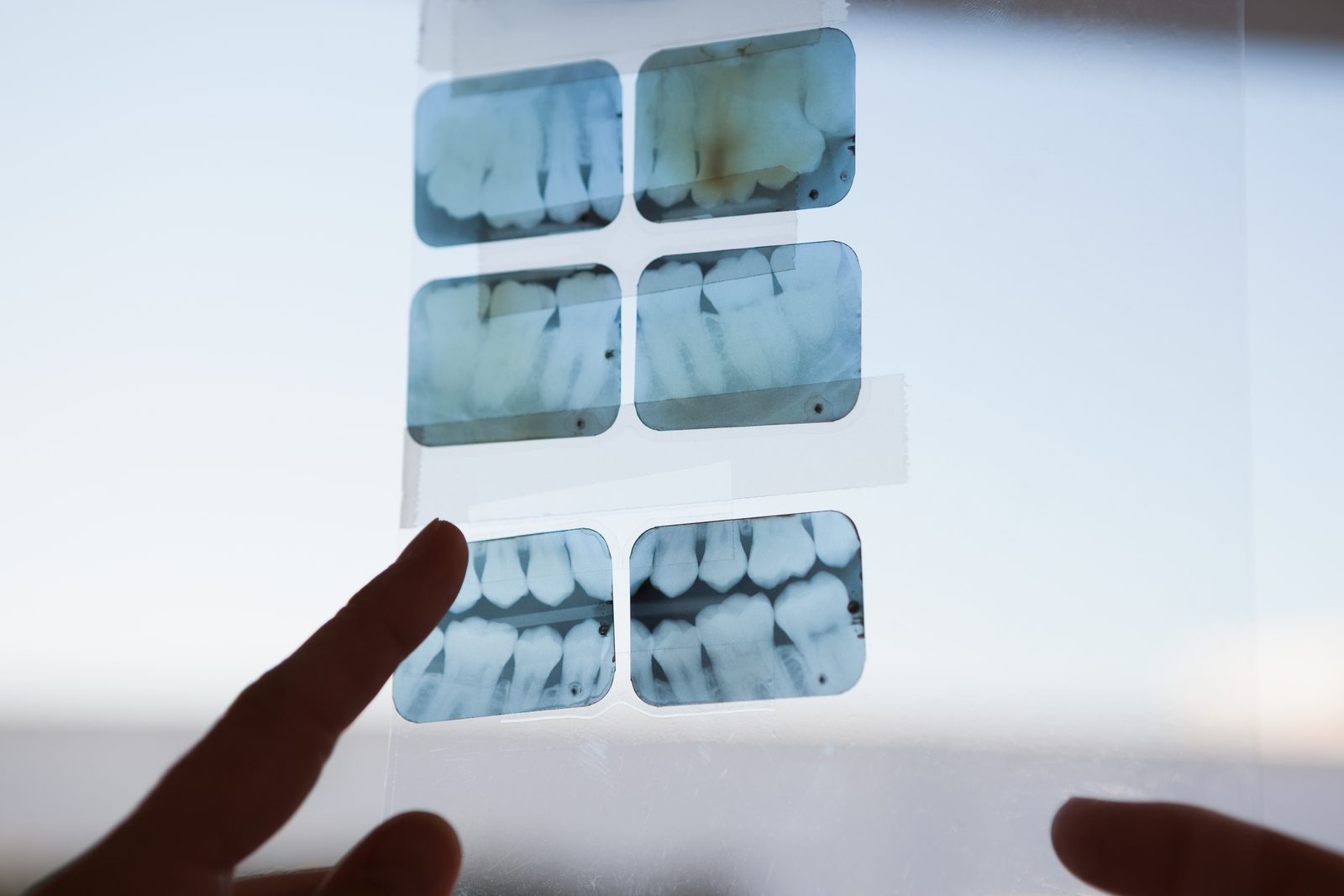Fluoride Treatments as Part of Routine Dental Care

The necessity of fluoride in routine dental care has often been subject to a mixed message in the media. Questions abound about adding this mineral to drinking water, ascertaining its safety, and determining whether dental patients need to receive fluoride treatments. The answers to these speculations are positive. Fluoride is a very safe and necessary mineral that is added to both drinking water and toothpaste to ensure the health of everyone's teeth from childhood on.
Facts about fluoride
Fluoride is not an invention of the dental community to sell more toothpaste. It is a natural mineral that occurs in many environments. It can be found in dirt, water, and even the air people breathe. The human body needs a certain amount of fluoride every day to stay healthy, and among other functions in the body, it helps people’s tooth enamel stay strong and resist the decay process.
Though there is some fluoride in all water, it is usually not enough to prevent dental problems. Therefore, it is commonly added to drinking water. Though most places fluoridate water, some do not. The decision to fluoridate is usually made at the state level.
Why fluoride treatments are part of routine dental care
Fluoride in drinking water is a good start for most individuals trying to meet fluoride requirements, but it is not enough to maintain healthy teeth. It is important to keep brushing and flossing regularly as well. Dentists may recommend a new toothpaste, prescribe a mouthwash or supplement, or offer a fluoride treatment at the end of an appointment.
1. Fluoride in toothpaste
The most common way dental patients receive fluoride as a part of routine dental care, aside from daily water intake, is by brushing with a fluoride toothpaste. Not all toothpaste contains fluoride. Products for babies and very young children often do not contain the mineral. Other kinds of toothpaste, such as those made with natural ingredients, are often marketed toward patients who do not want to brush with a fluoridated paste and therefore do not contain the mineral either.
2. Fluoride as a prescription supplement
If a patient lives in an area that does not add fluoride to the local drinking water, or if a child is thought to have a fluoride deficiency, the dentist may prescribe fluoride tablets or rinses. These will help the teeth to remineralize the enamel and not be as susceptible to decay.
3. Fluoride as a routine dental care treatment
Patients of all ages often have trouble remembering to brush regularly. Using a fluoride treatment, which often involves a simple fluoride paste painted onto the patient’s teeth at the end of a cleaning appointment, can help the enamel to stay strong and combat decay between visits.
Conclusion
Though fluoride can be an important component of a patient’s routine dental care, other actions are equally necessary to keep teeth healthy. Remember to brush twice a day, floss between the teeth, and visit the dentist at least twice a year for a checkup.
Request an appointment here: https://www.stgeorgedentalcare.com or call St. George Dental Care at (435) 628-9099 for an appointment in our St George office.
Check out what others are saying about our dental services on Yelp: Routine Dental Care in St George, UT.
Recent Posts
Every parent wants to give their child the best start for healthy teeth and gums. But when should you introduce your child's first toothbrush? What type works best? And how often should you replace it? Establishing good oral hygiene habits early creates a foundation for lifelong dental health. Your child's first toothbrush marks an important…
Good oral health isn't just about having a bright smile; it's a fundamental part of overall well-being. Polished dental care elevates routine oral hygiene to the next level, ensuring a thorough clean, enhanced aesthetics, and improved protection from serious oral health issues. If you're curious about what this treatment entails, its benefits, and who could…
Sensitive teeth can turn simple joys, like sipping hot coffee or enjoying ice cream, into uncomfortable experiences. If you've been dealing with this issue, you're not alone. Dental sensitivity affects millions of people and can significantly impact oral health and quality of life. The good news? The right toothpaste can make a huge difference. This…
Bad breath can be embarrassing and frustrating. Whether heading into a business meeting or spending time with loved ones, the last thing you want to worry about is how your breath smells. But bad breath, or halitosis, is more common than you might think and often stems from factors you can quickly address. At St.…


